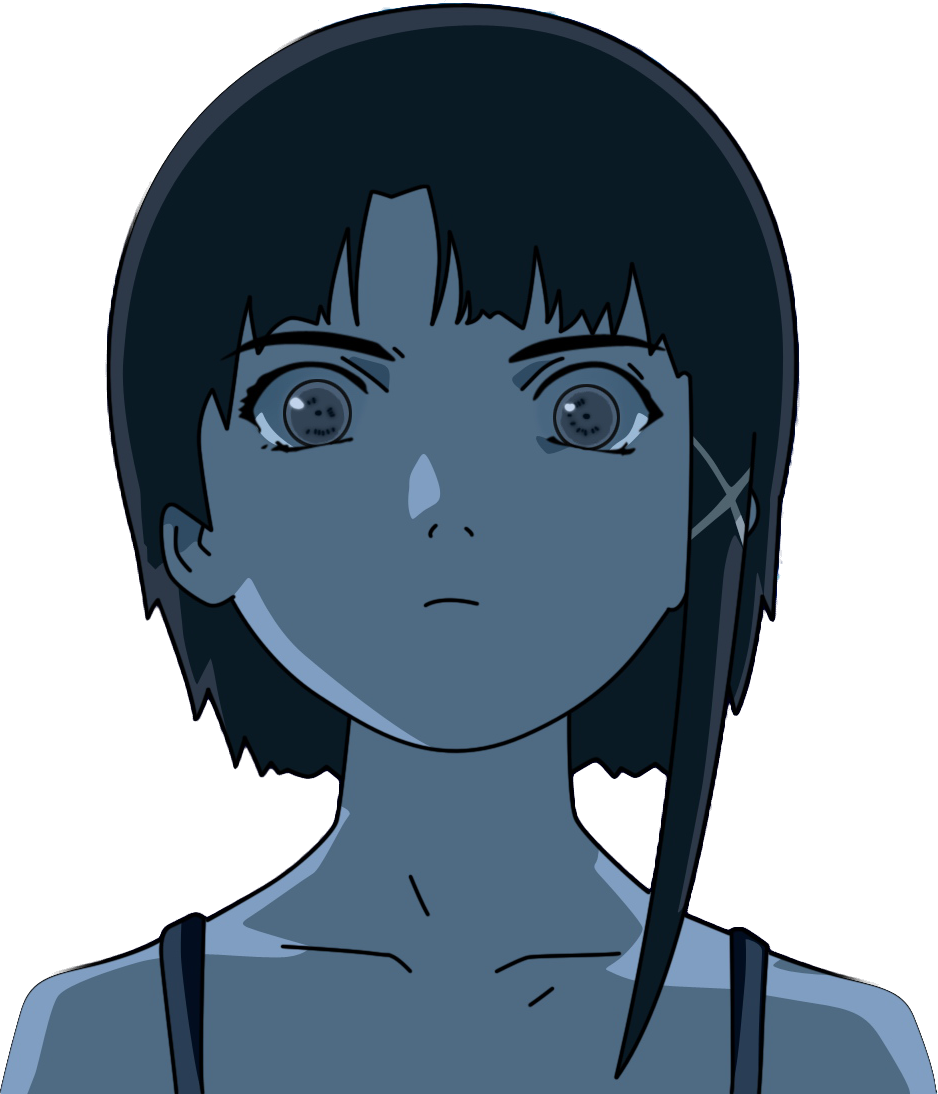On the dissonance of the free prisoner
A well written and substantial exploration, but I can’t agree with the author’s conclusion:
Although it may sound counterintuitive, temporary conformity is the duty one has to one’s inner self and its authenticity. Even though we engage with society and continue to live in the old world, the world of coercion and oppression, we must keep a constant and persistent awareness of its wrongful character.
It is this action that will allow us to thrive, liberate the mind, and emancipate and empower the inner self as much as it is feasibly possible. There is no need to escape prison if the prison does not hinder one’s well-being.
The cell confines the body, but not the mind.
There is always a need to escape the prison, and anyone who has spent time in a cell will confirm that it confines the mind as much as the body. There is no prison that does not hinder a prisoner’s well-being. Imprisonment creates a cognitive dissonance that will only increase the more one tries to conform to the rules of the prison (whether it be metaphorical or physical).
I would argue that instead, the solution to the prisoner’s dilemma is to maintain the appearance of conformity as much as it benefits their position, while engaging in acceptable overt action to engender change that makes that repressive conformity obsolete.
If overt actions of social change that engender freedom are prohibited, subversive actions of non-conformity are justified, and are often the only outlet to maintain one’s sanity.
Acceptance of the prison doesn’t lead to greater enlightenment, only despair and silence of the soul. If you must conform, give them your smile, but always keep a spark ready for the right moment when the tinder is dry:
Spark
I always resented all the years, the hours, the
minutes I gave them as a working stiff, it
actually hurt my head, my insides, it made me
dizzy and a bit crazy — I couldn’t understand the
murdering of my years
yet my fellow workers gave no signs of
agony, many of them even seemed satisfied, and
seeing them that way drove me almost as crazy as
the dull and senseless work.the workers submitted.
the work pounded them to nothingness, they were
scooped-out and thrown away.I resented each minute, every minute as it was
mutilated
and nothing relieved the monotonous ever-
structure.I considered suicide.
I drank away my few leisure hours.I worked for decades.
I lived with the worst of women, they killed what
the job failed to kill.I knew that I was dying.
something in me said, go ahead, die, sleep, become
them, accept.then something else in me said, no, save the tiniest
bit.
it needn’t be much, just a spark.
a spark can set a whole forest on
fire.
just a spark.
save it.I think I did.
I’m glad I did.
what a lucky god damned
thing.― Charles Bukowski


